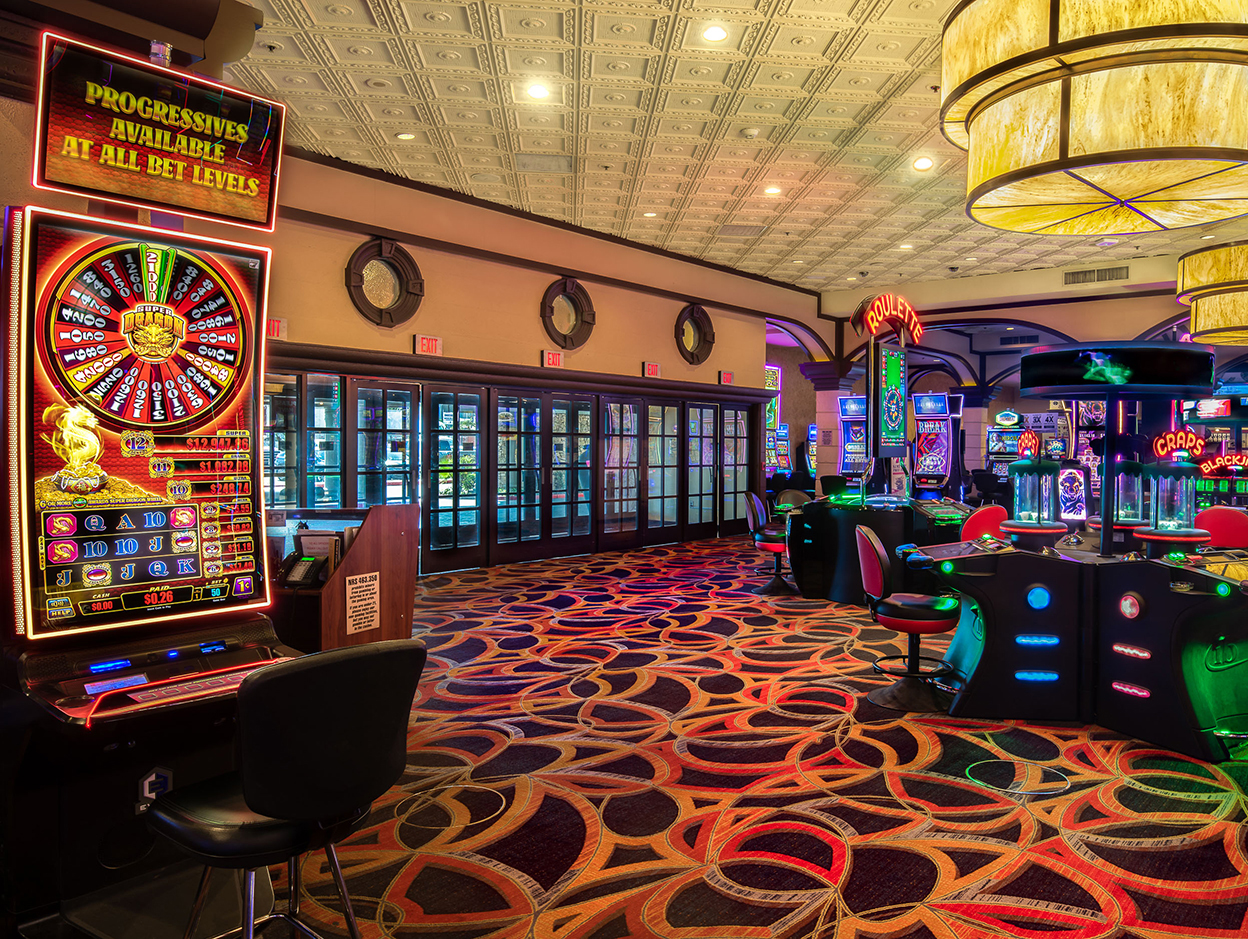
The landscape of online gambling in the united states has undergone a remarkable transformation in recent years, as more states have embraced the potential tax revenue and economic benefits of legalized online casinos. For decades, federal ambiguity and conflicting state laws kept digital gambling in a gray area, leaving players unsure about where they could legally place bets from home. Toto Togel , landmark court decisions and shifting public opinion have opened the doors to regulated online gaming in several states, providing clarity and safety for players eager to enjoy slots, table games, and live dealer experiences on their laptops or mobile devices. The slow but steady wave of legalization has created a patchwork of regulations that can be confusing but offers unprecedented opportunities for those living in the right jurisdictions.
One of the first states to blaze a trail in legal online casino gaming was New jersey. Since legalizing online casinos in 2013, the Garden State has built a robust, competitive market featuring big-name operators like BetMGM, DraftKings, and Caesars. The state’s success has set a blueprint for others, proving that with strong regulation and responsible gambling measures, online casinos can generate millions in tax revenue while keeping games fair and secure. Players in New jersey can access a full suite of games, including video slots, blackjack, roulette, poker, and live dealer tables, all under the watchful eye of the New jersey Division of Gaming Enforcement.
Pennsylvania soon followed, legalizing online casinos in 2017 and launching its market in 2019. The Keystone State’s approach mirrored New Jersey’s, combining strict licensing requirements with player protections that ensure fair play and responsible gambling resources. Today, Pennsylvania boasts one of the largest online casino markets in the country, with operators like FanDuel, BetRivers, and Unibet offering competitive promotions and extensive game libraries. Pennsylvania’s experience has shown how legal online gambling can complement brick-and-mortar casinos by attracting new demographics and increasing overall gambling revenue for the state.
Michigan entered the fray in 2021 with the launch of its own regulated online casinos, quickly emerging as one of the most vibrant new markets in the nation. Thanks to forward-thinking legislation, Michigan players gained access to a wide variety of online gaming options virtually overnight, with partnerships between tribal and commercial casinos and top-tier online operators. The state’s success has highlighted the importance of modern, adaptable regulatory frameworks that balance economic opportunity with player safety. Michigan’s rapid growth has also inspired lawmakers in other states to consider similar moves, further fueling the momentum for expanded online gambling in the U. S.
Connecticut is another recent success story in the march toward legal online casinos. Launching regulated online gambling in late 2021, Connecticut formed partnerships with two tribal operators — the Mohegan Tribe and the Mashantucket Pequot Tribal Nation — to offer online casino games through platforms like Mohegan Sun Online Casino and DraftKings Casino. The state’s careful negotiations with its tribes set a precedent for cooperation between state governments and Native American gaming interests, ensuring that online gambling benefits all stakeholders while providing players with a secure, regulated environment. Connecticut’s experience also shows how smaller states can successfully roll out online casinos with limited but targeted offerings.
Despite these advancements, online casino legalization remains a state-by-state issue, and many parts of the U. S. still prohibit digital gambling. States like New york and Illinois have discussed legislation but have yet to finalize frameworks allowing online casinos. Meanwhile, others, including Utah and Hawaii, remain firmly opposed to any form of gambling. For players, understanding the legal landscape is critical: wagering from a state without legalized online casinos can lead to frozen accounts or forfeited winnings if discovered by operators. Staying informed about which states allow online casinos — and which do not — is essential for safe and legal play. As more states see the success stories of pioneers like New jersey, Pennsylvania, Michigan, and Connecticut, it’s likely only a matter of time before regulated online casinos become a standard offering across much of the country.